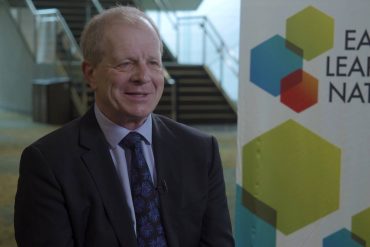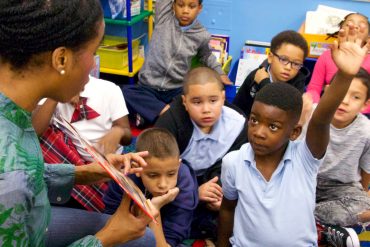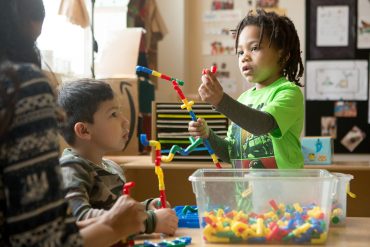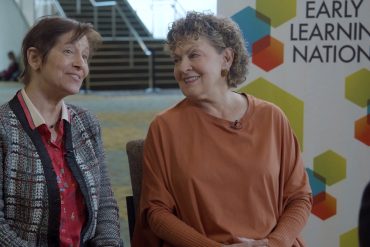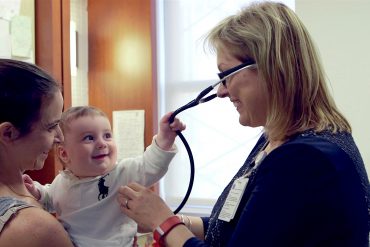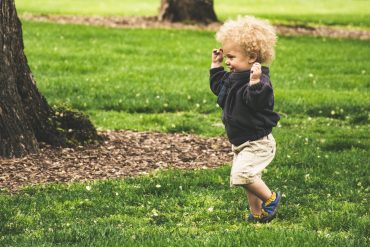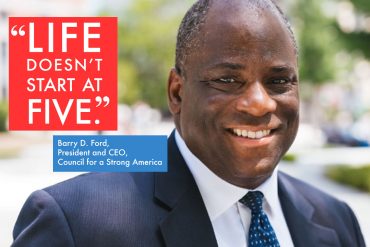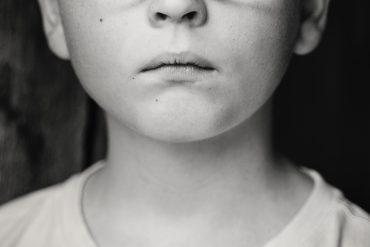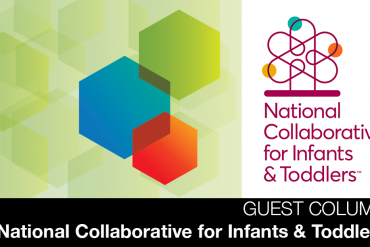How and why do children become aggressive – or even violent? How can we understand the true causes – and recognize the signs – before they take hold? Kenneth A. Dodge, Pritzker Professor of Public Policy at Duke University explains the important research that can help children and families. Filmed for Early Learning Nation’s Mobile Studio at the Society for Research in Child Development’s biennial meeting in Baltimore, MD, on March 22, 2019. #SRCD19
Vocabulary for the Win with Conversational Turns
A Scalable Program for Early Learning
The massive inequality that characterizes children’s opportunity to learn and succeed in the U.S. is no secret. Children who have...
Who Supports Universal Pre-K?
A Look at 2020 Presidential Candidates
If the candidates running for president are a reliable indicator, support for universal pre-K—at least in concept—is popular. Of course, what federal action that support might bring is anyone’s guess.
According to Roberta Michnick Golinkoff & Kathy Hirsh-Pasek – researchers and co-authors of “Becoming Brilliant, What Science Tells Us About Raising Successful Children” – language is the single best predictor of how young children will do in school. That’s why they’ve created an innovative, easy way for practitioners to measure students’ verbal progress. Filmed for Early Learning Nation’s Mobile Studio at the Society for Research in Child Development’s biennial meeting in Baltimore, MD, on March 22, 2019. #SRCD19
New York City’s Mount Sinai Hospital is one of the nation’s oldest and largest teaching hospitals. They're upping their early childhoold development game with an online curriculum that demonstrates how pediatric residents can promote brain development and help strengthen parent-child relationships within the confines of routine well-child visits
Happy Spring! Your spring fever is kicking in, you’ve got a ton on your plate and pollen is already making...
Herding up the recent news so you don’t miss out on all the goods: Our friends at ZERO TO THREE...
Infants and young children are rarely at the forefront of state and national policy agendas. For the good of the nation and the future of our world, they should be.
First Responders to a Hidden Emergency
Behind ReadyNation’s Report on the U.S. Child Care Crisis
How can the United States ensure that the next generation will be prepared for the responsibilities of citizenship? Barry D....
Identifying disorders like anxiety or depression in children is challenging and important. What if it could be done quickly?
This article, the first in a new series, will highlight efforts being led by local, state and national partners of the recently launched National Collaborative for Infants and Toddlers (NCIT) to advance promising prenatal-to-three policies and programs that create and expand family support systems.
It’s been a stellar year at Early Learning Nation! We’ve created fresh, science-fueled content every week, spanning remarkable Early Learning...


